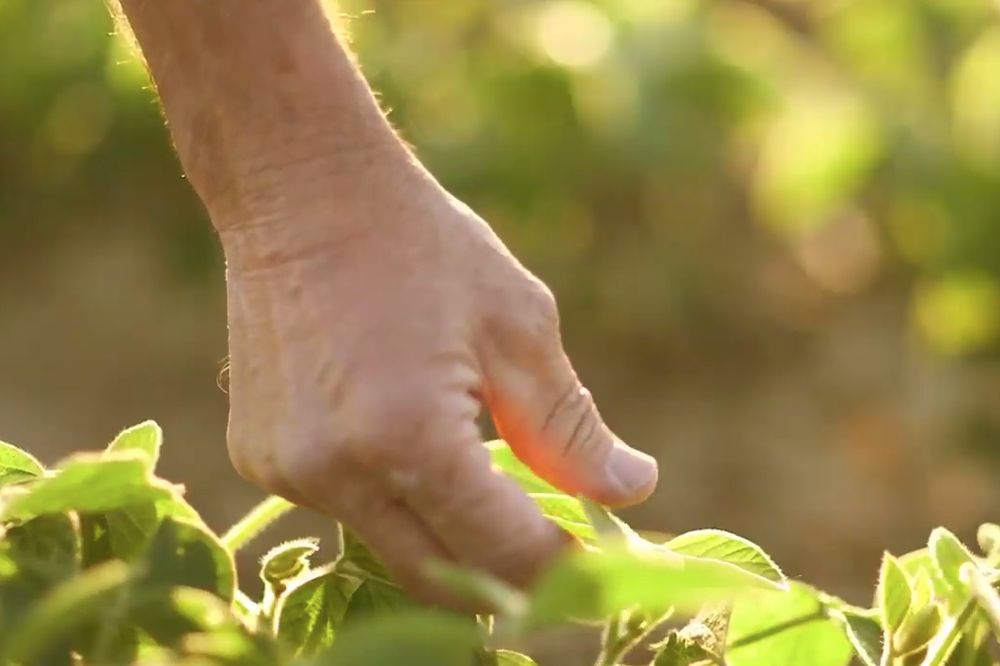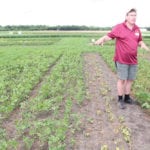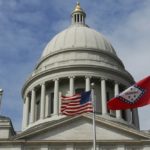Chicago | Reuters — U.S. seed and crop chemical maker Corteva said Thursday it will accelerate production of its next-generation biotech soybean seeds and complementary herbicides in Canada and the U.S. over the next five years. The move heightens the competition for sales to farmers with rivals Bayer and BASF. Up to 20 per cent









